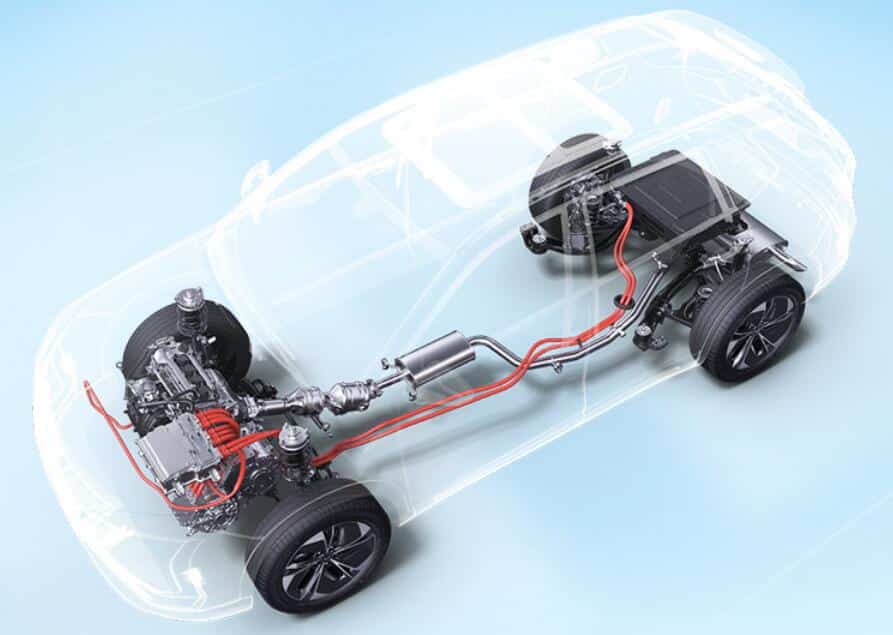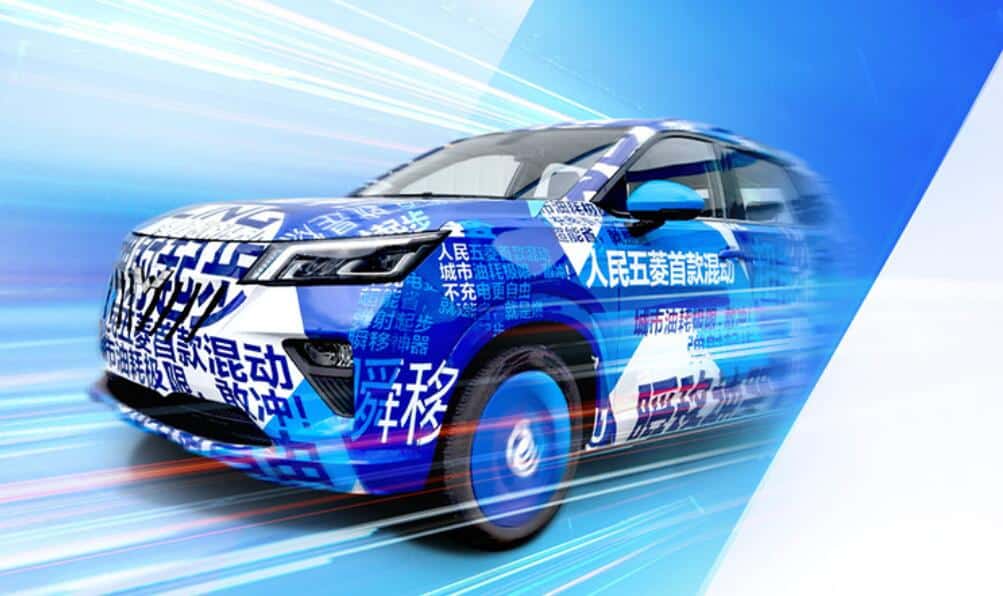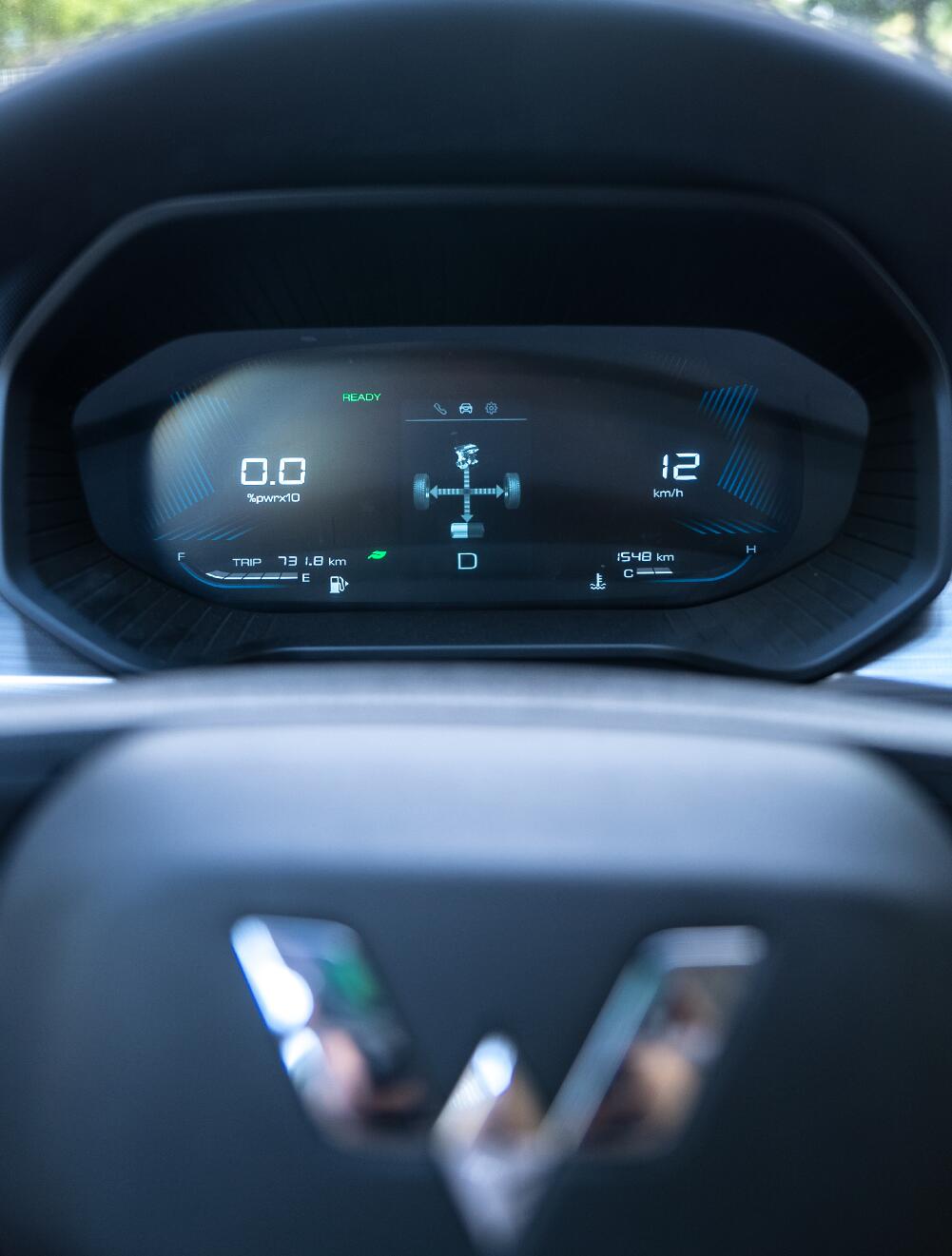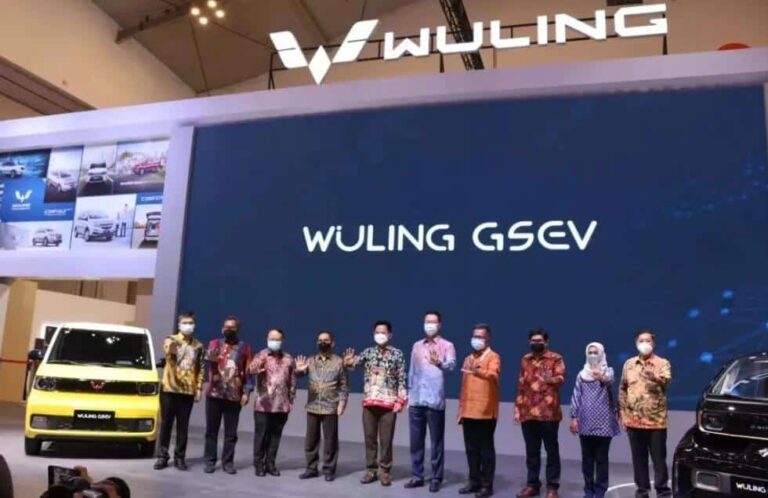SAIC-GM-Wuling sold more than 120,000 units of all vehicles in June, including 6,249 units of the Hongguang Mini EV.
(Image credit: Wuling)
SAIC-GM-Wuling, maker of the hot-selling Mini EV, also offers traditional internal combustion engine vehicles. Clearly, something is missing between the two.
Wuling announced its official entry into the hybrid market today on Weibo, saying the move is a commitment to creating a new mobility option that everyone can own.
The company released a spy photo of what appears to be its first hybrid model, with text on the body suggesting that the model will have features including low fuel consumption and ejector start.
On July 12, Wuling shared a dashboard image on Weibo that showed the vehicle with a hybrid system.
The company did not release any more information about its hybrid system.
SAIC-GM-Wuling is a joint venture between SAIC Group, General Motors and Liuzhou Wuling Automobile, headquartered in Liuzhou city in Southwest China's Guangxi Zhuang Autonomous Region.
It sells vehicles in China built on the GSEV (Global Small Electric Vehicle) architecture, including the Mini EV, KiWi EV, and Nano EV, all priced below RMB 100,000.
In addition to these all-electric models, Wuling also sells fuel-powered SUVs, MPVs and van models.
SAIC-GM-Wuling sold more than 120,000 all vehicles in June, up 29 percent from a year earlier, according to figures it released earlier this month.
It sold 49,450 new energy vehicles (NEVs) in June, up 62 percent year on year. Among them, Hongguang Mini EV sales reached 46,249 units.
Wuling's Baojun KiWi EV delivered 3,005 units in June, and its 2023 KiWi EV, built with DJI Automotive, saw its first production vehicle roll off the line on July 13.




